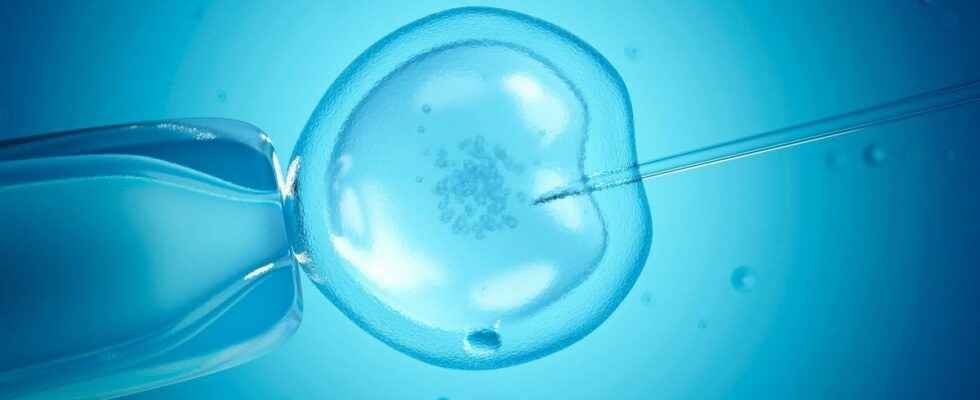Published on
Updated
Reading 1 min.
in collaboration with
Dr Gérald Kierzek (Medical Director)
The bioethics law promulgated a year ago, in August 2021, provided for this. It is now official: the partial lifting of the anonymity of gamete donors comes into force today, Thursday September 1, 2022.
As announced in the bioethics law dating from August 2021, the partial lifting of the anonymity of donors of gametes, sperm or oocytes will be possible.
Communication of personal data
Anyone making a gamete donation will therefore be required from today to communicate certain personal data such as their name, age at the time of donation, profession, etc.
This information, some of which is identifying information, may be transmitted to the child upon reaching majority, and only he or she will be able to access it. To do this, he must contact the Commission for access of persons born from medically assisted procreation to data from third-party donors (CAPADD).
No obligation for the donor
This commission, composed of members of the Ministry of Health, the Ministry of Justice, doctors and representatives of associations chaired by a magistrate of the judicial order will be responsible for contacting the donor on this request to share his personal data. .
This right granted to these children born of these donations does not in any way mean that the donor is obliged to accept the contact. He can totally refuse the meeting. And this right does not change the filiation of these children, the donors cannot claim any filiation with them. Finally, in the opposite direction, the secret remains preserved: a donor will not be able to request information concerning the child or children born of their donation.
Towards a drop in donations?
This new regulatory provision may raise fears of a drop in gamete donations in the future. For the moment, the figures are maintained with 317 donors in 2020 and 600 in 2021. According to Cecos, the French Federation of centers for the study and conservation of human eggs and sperm, the majority of donors were in favor of the disclosure of this information, before the text of the law. From now on, this consent will be collected in writing.
